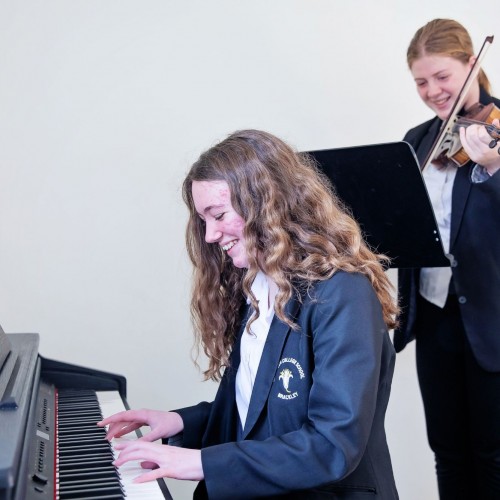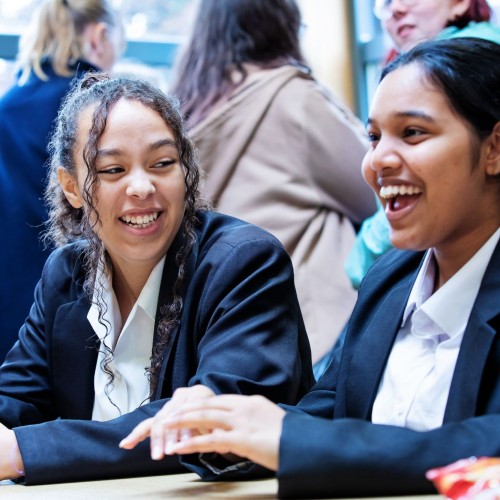Online safety
Pupils at Magdalen learn about using the internet safely and appropriately through the computing and PCSHE curriculums. They also participate in e-safety activities during assemblies and tutor time activities. Pupils and parents are asked to sign the Acceptable Use Policy on joining the school.
We aim to run an annual Online-Safety Information evening for parents and carers, which explores creating boundaries, the latest crazes and issues.
Pupils are allowed to bring their mobile phones into school, however they are not allowed to be used onsite during the school day. They are expected to be switched off and out of sight. If they are seen or used the phone will be confiscated and a sanction issues. The taking of photographs or videos with phones is forbidden.
Further details about our school systems to monitor the use of the internet in school can be found in our Online Safety Policy
Supportive Information for parents:
A selection of useful documents from https://nationalonlinesafety.com/
Please also refer to https://parentzone.org.uk for advice and guidance for parents and carers.
Parent's Guide to Teaching your Teen Online Safety
Please click this link to access the guide: teaching your teen online safety
This guide contains plenty of helpful information such as:
- A practical guide for parents on how to keep teens safe online, including useful summaries of popular internet apps as well as the types of threats teens could be exposed to online.
- Safety tips for using apps such as Instagram, TikTok (which has gathered 1 billion users in only two years), YouTube, Snapchat, Twitter and Whatsapp. We also cover advice and safety tips for teens playing online multiplayer video games.
- Other online safety topics and advice such as sharing personal information, socializing online, cyberbullying, harmful content, influencers, body image, and mental health for teens online.
- Links to additional internet safety resources for parents from well-respected sources such as the NSPCC and the UK government’s own guidelines.



